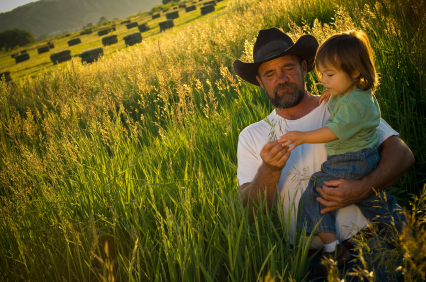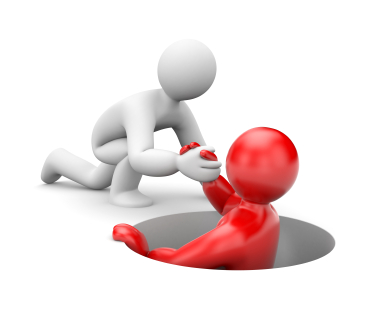|
Today a random stranger paid me a random compliment. I was waiting for a ride outside my local mall and as he passed he said, "I like your hair." My hair wasn't looking great and the guy was significantly older than me. In fact, my immediate (and fortunately repressed) response was "I like your walker."
Instead, I managed a more appropriate response ("Thanks," with a pleasant if uncertain smile). The guy smiled back and carried (slowly) on his way. He wasn't trying to pick me up, and he wasn't strange or creepy. I had the distinct impression that he was following instructions he'd read in one of those positive psychology books or magazines: "Smile at everyone you meet," "Pay a total stranger a compliment." I had been the recipient of a random act of kindness.
 At a time when many of us are struggling to find spare resources to donate to those who need them, kindness still costs nothing, and everybody needs it. Whether it's a smile, a compliment, practical help, emotional support or shared advice, random acts of kindness can make a difference in the day of a neighbor, acquaintance or total stranger.
At a time when many of us are struggling to find spare resources to donate to those who need them, kindness still costs nothing, and everybody needs it. Whether it's a smile, a compliment, practical help, emotional support or shared advice, random acts of kindness can make a difference in the day of a neighbor, acquaintance or total stranger.
As Caroline Kennedy once said:
"As much as we need a prosperous economy, we also need a prosperity of kindness and decency."
In fact, the worse the economy gets the more we need kindness and decency. You may appreciate kindness during good times, but its value increases if you've just lost your job, had your hours cut back or opened a bill for a maxed-out credit card you can't pay.
Various websites have sprung up to encourage random acts of kindness. I like 29gifts.org, a site that started a "global giving movement" and now has more than 15,800 members in 43 countries. Members sign up to take on the challenge of giving 29 "gifts" in 29 days. The gifts of kind words, thoughts or actions count, as does the gift of time.
 It's been claimed that there's no such thing as a selfless good deed, and maybe that's true. Surveys show that being kind to others is beneficial to your own mental health and general happiness. The Human Thriving Foundation has even identified "random acts of kindness" as one of 13 specific behaviours that, as a group, predict happiness at over a 92% probability.
It's been claimed that there's no such thing as a selfless good deed, and maybe that's true. Surveys show that being kind to others is beneficial to your own mental health and general happiness. The Human Thriving Foundation has even identified "random acts of kindness" as one of 13 specific behaviours that, as a group, predict happiness at over a 92% probability.
You wouldn't always think it by looking around the world or even your own community, but it can even be argued that human beings are hard-wired for kindness to others.
As David Brooks pointed out in his New York Times article "Nice Guys Finish First" research has shown that one thing that differentiates even the youngest humans from some of their closest
relatives (chimpanzees) is a specific set of behaviours that fall under the broad definition of kindness. As Mr Brooks points out:
"An infant of 12 months will inform others about something by pointing. Chimpanzees and other apes do not helpfully inform each other about things. Infants share food readily with strangers. Chimpanzees rarely even offer food to their own offspring. If a 14-month-old child sees an adult having difficulty - like being unable to open a door because her hands are full - the child will try to help."
 If being kind and selfless is our natural state, it may even explain why selfishly chasing material wealth (sometimes at the expense of others) often makes us miserable, no matter how vehemently advertisers insist that it will make us ecstatically happy.
If being kind and selfless is our natural state, it may even explain why selfishly chasing material wealth (sometimes at the expense of others) often makes us miserable, no matter how vehemently advertisers insist that it will make us ecstatically happy.
So make yourself, and someone else, happy today. Try a random act of kindness. It's a win-win option.
http://www.29gifts.org/
http://www.randomactsofkindness.org/Resources/Research/The-Human-Thriving-Foundation/
http://www.nytimes.com/2011/05/17/opinion/17brooks.html?_r=3&hp
|